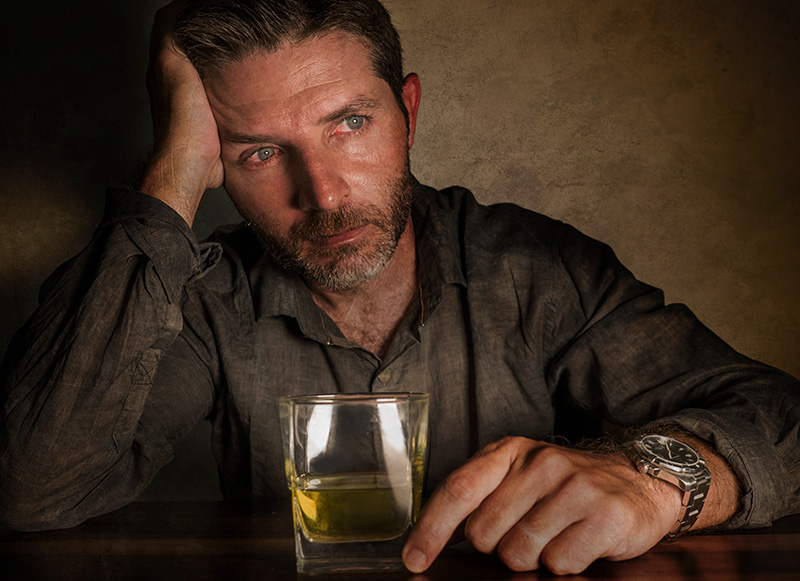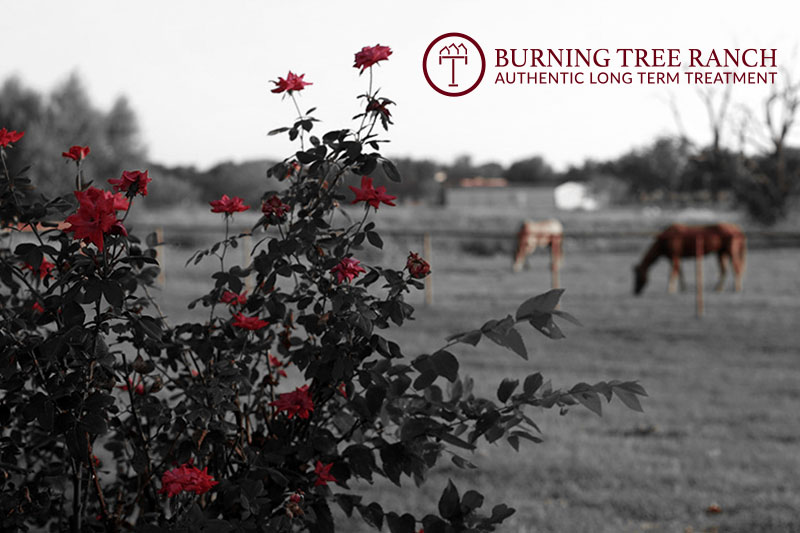If you’ve watched a loved one go through the devastating cycle of chronic relapse, you know the heartbreak and frustration it brings. Chronic relapsers are individuals who have experienced significant, life-altering consequences because of their addiction yet continue to use despite repeated attempts at treatment. They’ve often been through the revolving door of short-term rehab multiple times, only to fall back into old patterns once they leave quickly.
As someone who’s worked with families in addiction for years, I understand the desperation and despair that comes with this situation. You’ve put your hope in 30, 60, or 90-day treatment programs, believing that this time will be different, only to watch the cycle repeat itself again and again. It’s a soul-crushing experience that leaves everyone involved feeling hopeless and helpless.

The Limitations of Short-Term Rehab for Chronic Relapsers
So why do short-term rehab programs so often fail chronic relapsers? The truth is, while these programs can be effective for some people, they are simply not designed to meet the complex needs of those with the most severe, long-standing addictions.
Most short-term programs follow a predetermined, one-size-fits-all approach. Patients are put through a standard set of therapies and activities on a set schedule, expecting they’ll be “fixed” within weeks or months. But for chronic relapsers, addiction is a deeply rooted, multifaceted problem that can’t be resolved so quickly or simplistically.
Insufficient Time to Address Underlying Issues
A significant issue is that short-term rehabs often don’t allow enough time to get to the underlying issues driving the addiction. Many chronic relapsers have unresolved trauma, untreated or misdiagnosed mental health disorders, and dysfunctional family dynamics that have never been properly addressed. Without digging deep and doing the difficult work to process these issues, any progress made in treatment is unlikely to stick.
Chronic relapsers also tend to have highly entrenched addictive thought patterns and behaviors that need to be slowly untangled and replaced with healthier coping mechanisms. This gradual process requires repetition and reinforcement over an extended period. Expecting years and years of maladaptive functioning to be undone in 30 days is unrealistic.
Lack of Individualized Care and Dual Diagnosis Treatment
Another shortcoming of short-term programs is the lack of individualized care. With a set schedule and curriculum, there’s little room to adapt treatment to each person’s unique background, learning style, and specific mental health needs. This is particularly problematic since the majority of chronic relapsers have a dual diagnosis, meaning they have both a substance use disorder and another mental health condition like depression, anxiety, PTSD, or bipolar disorder. Treating addiction without fully addressing co-occurring disorders misses a massive piece of the puzzle.

What Works for Chronic Relapsers: The Extended Care Approach
So, what works for chronic relapsers? In my experience, extended care programs that offer a highly personalized curriculum and a much more extended period of immersion in a therapeutic environment make a profound difference. With more time and a greater emphasis on getting to the root of the problem, patients can experience the in-depth individual and family work needed for real, sustainable change.
Long-term treatment programs like the one at Burning Tree Ranch place a heavy focus on practicing life skills and replacing addictive patterns with healthy routines. Patients can keep strengthening their recovery muscles through intensive individual, group, and experiential therapies until new habits are firmly ingrained. Specialized care for dual diagnosis ensures that mental health issues are addressed simultaneously.
The Importance of Family Involvement and Aftercare Planning
Family involvement is another critical component. Addiction is a family disease, and treatment is far more effective when loved ones are actively engaged in the process. Quality extended care programs prioritize family therapy and provide education and support for the entire family system. They also emphasize continuing care, helping patients develop a solid aftercare plan and support network for the transition out of treatment.

Finding Hope and Healing After Chronic Relapse
I won’t sugarcoat it – there are no quick fixes when it comes to chronic relapse. We aren’t simply removing an addiction; we’re rebuilding a life, which takes tremendous effort and commitment. But having walked this path alongside many families over the years, I can attest that healing and transformation are possible with the proper support. If short-term approaches have failed your loved one in the past, don’t give up hope. Please reach out to our admissions team to learn more about long-term treatment at Burning Tree Ranch. An extended care program that treats the whole person, not just the addiction, maybe the turning point they need.
If you’re considering this route, look for a program willing to individualize treatment, has expertise in dual diagnosis, uses evidence-based therapies, and has a strong family program and aftercare planning process. A comprehensive, robust approach is essential.
No matter how hopeless you feel now, know that you and your loved one aren’t alone in this struggle. Chronic relapse is a beast, but recovery is possible. Don’t be afraid to reach out for help, rally your support system, and trust that a life of excellence beyond sobriety awaits with the proper tools and time.
Until next time,
Brook




